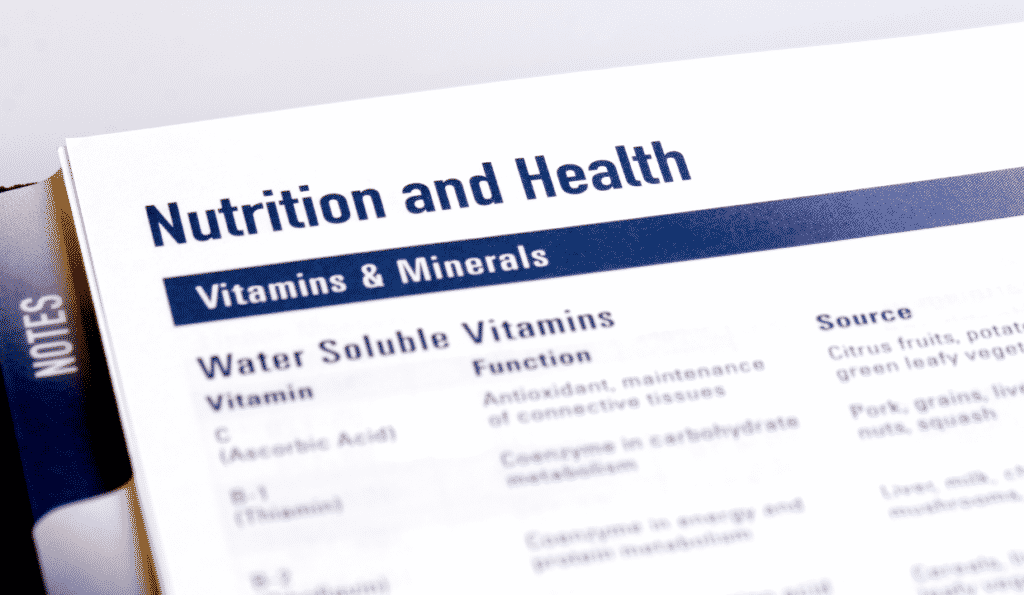It’s the middle of summer! Take advantage of the opportunity to soak up the sun and savor some vibrant summer food to meet your vitamins, minerals, and trace elements needs. However, if you fall into any risk groups, your body and mind may require additional supplements.
Lack of vitamins and minerals is generally uncommon in Sweden. The extent of the risk of deficiency depends on age, gender, eating habits, other diseases and medical treatments. Even in healthy adults, deficiency conditions are rather common in certain phases of life. Symptoms are frequently scattered and nonspecific, and serious deficiencies might emerge before seeking treatment. Women of reproductive age, for example, lose a lot of iron during their monthly menstruation.
Women and the elderly need supplements. The National Food Administration recommends that all women who become pregnant take folic acid supplements. Teenage females who have a poor calorie intake and mothers who are breastfeeding may require more calcium. As we age, the body’s ability to absorb B vitamins, mainly B12, from food decreases, which is necessary for cognitive performance. Elderly people should also ensure that their vitamin D levels are adequate.
Sunbathe with common sense. Since the skin requires sunlight to generate vitamin D, deficiency is more common in people with dark skin and those who are unable to leave the house due to disability or institutional care. Those who require multivitamin supplements to acquire all of the essential vitamins, minerals, and trace elements are mostly low-energy consumers.
For us Northerners, our bodies can store a lot of vitamin D, therefore it pays to protect yourself from the sun throughout the summer. Vitamin D levels in the blood are higher in those who get a lot of sun in the midsummer of June. However, dermatologists advise against spending too much time in the sun until the skin blushes. In the middle of the day, stay in the shade if possible, or wear protective clothing or sunscreen. This lowers your chances of developing some types of skin cancer.
B12 supplementation is important for all vegans. Many vegans choose their diet for health reasons yet this often leads to deficiencies. Animal products and fortified plant foods are the only sources of vitamin B12. It is required for many reasons, including the blood and nervous system. As a result, B12 supplements are crucial. Despite the fact that vitamin B12 is found in both dairy products and eggs, lacto-ovo vegetarians may have insufficient intake to acquire the necessary vitamins.
Alcohol cessation and smoking cessation. Alcohol abuse can lead to serious vitamin deficiency. Among other things, particularly vitamin B1, and thiamine, are required for nerve and muscle function. Other vitamins and minerals, such as magnesium and zinc, are also in short supply for smokers and alcoholics. For those who need to cut back on their alcohol use, risk use and addiction clinics offer helpful treatments. Abstaining from smoking is the most effective approach to avoid vitamin C insufficiency, which is common among smokers. Nicotine-containing drugs, on the other hand, do not cause vitamin C insufficiency.
Diseases can cause severe deficiency. People with gastrointestinal diseases such as celiac disease (gluten intolerance), IBD (inflammatory bowel disease), and Crohn’s disease are at risk for vitamin and mineral deficiencies. Celiac disease can lead to iron shortage, vitamin B12 deficiency, and folic acid deficiency if left untreated. Atrophic gastritis, which is frequently associated with hypothyroidism (hypothyroidism), type 1 diabetes, or other autoimmune diseases, demands lifelong B12 supplementation. Vitamins A, E, and K are only found in people who are unable to break down and absorb fat, a condition known as fat malabsorption. Heredity, allergies, illness, or alcoholism can all be factors to this condition.
Operations and medicines. The anatomy alters during an obesity operation. This affects the circumstances for the absorption of a number of essential vitamins and minerals. It is vital to take vitamin and mineral supplements after undergoing obesity surgery. Severe deficiency issues can result if you do not control your values and take the required vitamin and mineral supplements. This can cause anemia, osteoporosis, and nervous system damage, among other problems.
Similar deficient states are prevalent following various surgeries in which a portion of the intestine or stomach is removed, or the intestinal mucosa is injured after radiation treatment. Many medications interfere with our ability to absorb vitamins, minerals, and trace elements. Chemotherapy and antibiotics are examples of this. Treatment with corticosteroids, such as corticosteroids-containing medicines, lowers the body’s ability to absorb fat-soluble vitamins and carotenoids, which are converted to vitamin A in the body.
Diuretics, which can be used to treat heart failure and edema have the intended effect of increasing sodium excretion. Then potassium, calcium, magnesium, and zinc may be depleted, resulting in a shortage of these nutrients.


